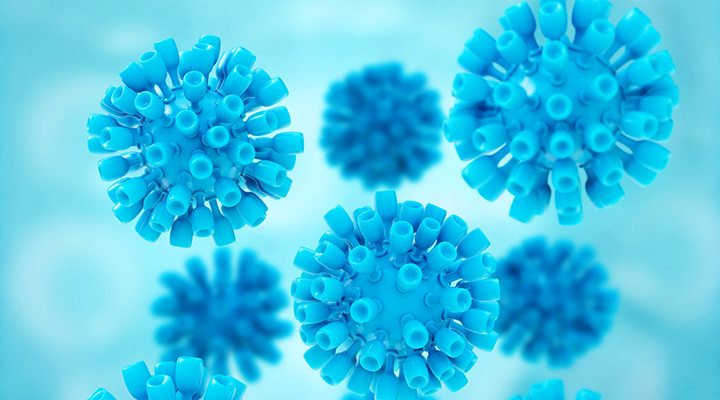
The end of the week has brought with it plenty of activity in the biotechnology space with a number of companies putting forward fresh inputs and moving on the back of each. Here is a look at two of the biggest movers as we head into the weekend.
The two companies in our crosshairs for today are Catabasis Pharmaceuticals, Inc. (NASDAQ:CATB) and Halozyme Therapeutics, Inc. (NASDAQ:HALO).
Let’s kick things off with Catabasis.
On Thursday, Catabasis announced that it would be presenting results from an open label Extension study of a drug called edasalonexent. The trial, dubbed MoveDMD, is split into three parts – part A, part B and part C. It is a phase 1/2 trial and the upcoming release relates to the third part of the study – part C. Many reading might already be familiar with this one, the second part history, part B, reported results earlier this year and – unfortunately – the results were positive. Part B failed to hit the primary endpoint. However, the company advanced into part C as predefined and just because the previous part of the study failed doesn’t necessarily mean that the upcoming results will be negative.
The drug is targeting Duchenne muscular dystrophy (DMD), which, for those not familiar with the disease, is a debilitating condition that generally affects young children and that essentially has no treatment available right now. That’s not strictly correct – eteplirsen, marketed by Sarepta, was approved in September last year but the drug has limited efficacy and a fresh alternative for patients would be a great thing.
Catabasis shares closed up 16% on Thursday on expectations of positive results. The justification from these expectations comes from the fact that the company would be unlikely to pre-announce a release date if it hadn’t already established that the data was somewhat positive. That’s a speculative statement, of course, but it does highlight the potential for further near-term appreciation if it is valid.
So, moving on, let’s look at Halozyme.
This week has been a big week for this company. Halozyme has a proprietary technology called Enhanze, which is designed to allow for the subcutaneous administration of drugs that previously were not candidates for this sort of delivery based on the high toxicity of the concentrations required to deliver active compounds to a target portion of the body. The alternative is intravenous administration, which takes time, is unpleasant for patients and costs money for healthcare facilities.
Anyway, Halozyme designed this delivery technology with the idea that it might be able to partner up with some big names and, in doing so, pickup both a validation of the technology in question and that really looks – the potential for a capital injection on the back of any signed deals.
And that’s exactly what happened. And it also happened with two of the biggest names in healthcare.
On Thursday, we got word that Bristol-Myers Squibb Company (NYSE:BMY) is paying an upfront $105 million to gain access to the Enhanze technology for use in combination with its PD1drug, Opdivo, and for up to 10 other assets in its pipeline. The total deal up to $2.8 billion for Halozyme if Bristol-Myers Squibb goes through with the 10 additional assets.
Further, and pretty much in conjunction with the Bristol-Myers Squibb news, we got word that Roche was also on board with the technology and would pay for the rights to combine it with an as yet unnamed development asset. In return for its technological rights, Halozyme will receive an initial $30m with the potential to earn additional payments of up to $160m subject to achievement of specified development, regulatory and sales-based milestones.
On the back of the news, Halozyme jumped 20% and chances are we will see a further continuation of this strength as we head into the weekend. This is not only a short-term validation of the company’s technology, but it also brings with it the opportunity for recurring sales and milestone related revenues which – for a company at this end of the space – is a strong platform from which to expand.
Shares closed at $15.98 on Thursday.




